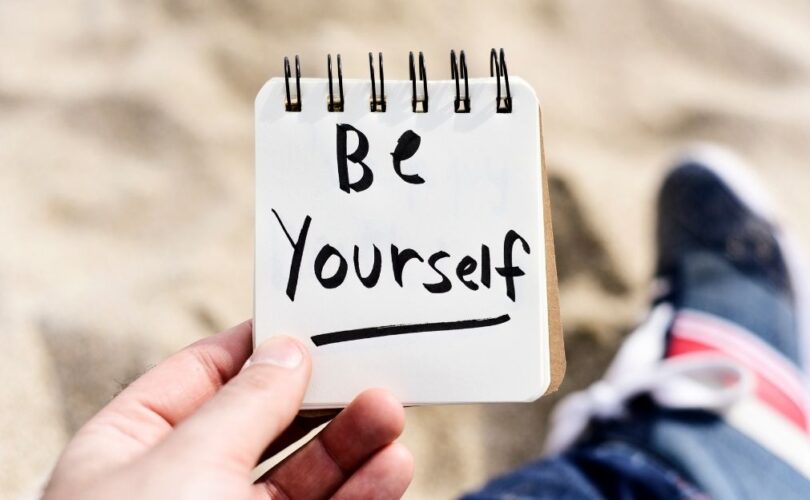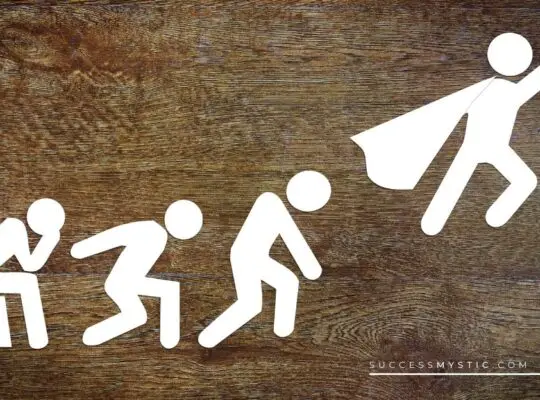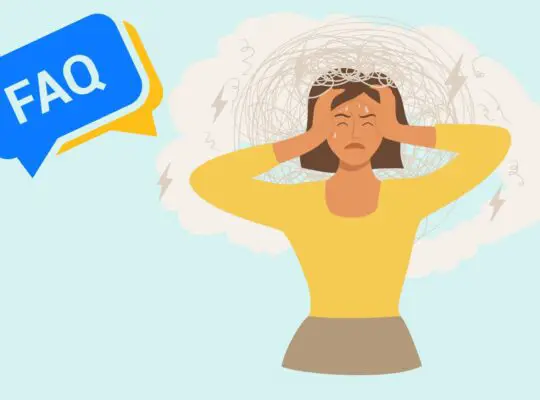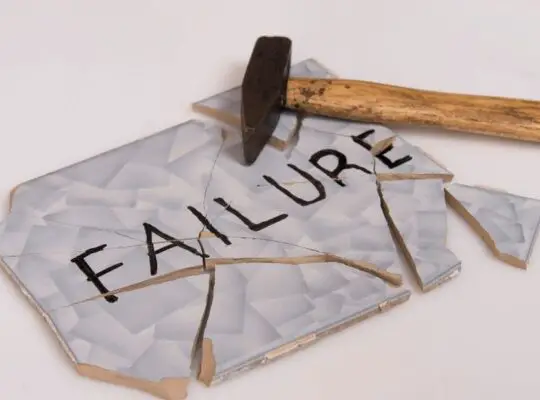“Our lives improve only when we take chances, and the first and most difficult risk we can take is, to be honest with ourselves.” ~Walter Anderson
The fact that humans are wired to think of themselves as perfect beings even when they are far from perfect has been scientifically proven repeatedly. This may be due to prototype effects, self-deception, under-confidence, or even over-confidence. However, your long-term well-being is put at risk when you continually lie to yourself. In the words of Sigmund Freud, “being entirely honest with oneself is a good exercise.”
Why is honesty important?
Honesty with oneself is the key to thoroughly enjoying your life in its entirety. This doesn’t only affect you; it also affects everyone around you as rather than running and hiding when faced with difficult situations, you are ready to face them head-on and look for a solution.
Self-deception is a danger in today’s world, and this honesty helps detect and eradicate all blocks we have used to hide away our faults and problems. A jobless person with self-deception would keep struggling to find a way to maintain their lifestyle rather than accepting the situation and adjusting to it.
Clark Moustaka, a leading expert on Clinical Psychology, said, “Accept everything about yourself–I mean everything, you are you, and that is the beginning and the end–no apologies, no regrets.”
Here are some ways to eradicate self-deception and be more honest with yourself.
1| Set time aside to think
Find time to be alone frequently and just think. A good idea is waking up early and finding a quiet space to sit and think. Most people find it better to think when performing small tasks (such as washing the dishes or taking a walk).
Find what works for you, and then stick to it religiously. Find the time and just ponder on your actions, reactions, and whether or not they can be considered “good.” Ask yourself serious questions such as “Why do I exhibit X behavior?” “Why don’t I dedicate time to achieve X?” “What’s my most shameful memory?” and lastly, “What’s do I do now?”
2| Start small
To start being honest with yourself, you mustn’t evaluate all areas of your life at a start. Consider the aspects of your life that generate discomfort and can be worked on. You can focus on love, spirituality, family, money, or career. Another important item to focus on is how your time is spent. You can consider how you spend your time, the amount of time you dedicate to endeavors that aren’t productive.
You can also consider choices you make daily concerning your life, such as your work habits, what you eat, drink, how frequently you exercise, etc. Set your goals, evaluate your everyday actions, and consider how they bring you closer to the set goals.
3| Write it down
Often, we neglect to write down all we have discovered, learned, experienced and the conclusions we’ve drawn. Writing helps you see things in a new light and helps as a reference for the future. You can see how far you’ve come or how much you’ve neglected.
4| Talk to friends
It isn’t always easy to look at yourself objectively. Most times, you might require somebody else to gauge you and provide an honest assessment. This isn’t always to have them state the worst about you; most times, an outsider’s assessment might require you to stop being so hard on yourself.
You might feel you’re doing poorly as a person because some goals haven’t been met; an outsider’s opinion will help you keep things in perspective and appreciate how far you’ve come.
5| Outline a plan
It’s easier to be honest with yourself when you know you are actively putting in the efforts to be better. After identifying the areas of your life that need to be changed, immediately create “little goals” that would ultimately tackle such lapses and bring improvement.
Little goals because you do not want to create an audacious goal that would fill you with fear and doubt. Break them into sub-goals and ensure you clearly define success so when you successfully achieve a goal, you can instantly identify it and know you are making progress.
For example, a major goal such as “lose 100 pounds” can be broken into small steps such as “cutting down on soda drinks and sugar intake,” “exercising,” and so on until your major goal is achieved.
6| Keep track of progress made
The list and notes you made should be kept and regularly reviewed. This has the dual benefit of reminding you of your strengths and any overlooked goal. Make notes on the difficulties experienced, how to overcome them, and cross off any goal you have successfully completed. If you discover that the reason you couldn’t quit gambling on your face, try was because of an overabundance of free time, you could ensure you plan activities to occupy you on your next try.
7| Listen to your emotions
While one way of being honest with ourselves is thinking and considering all the areas we’re lacking; a simpler and more basic way of doing so is simply listening to your emotions.
Emotions are truly great signs that play an important role in guiding our behaviors and thoughts. Question your feelings. This opens the door to new and enlightening self-exploration and helps us understand ourselves better.
8| Avoid over-thinking
While self-analysis plays a big part in being more self-aware, care has to be taken to avoid over-analyzing every little thing. This might lead to several negative mental health disorder including mood disorders and anxiety.
9| Seek professional help
While asking a friend to access you is an option, most times and in severe situations, you might require the assistance of a life coach or a therapist, as they are skilled, unbiased, and therefore better able to consider you with an objective eye.
10| Never give up
On a final note, do not give in to the feeling of discouragement and hopelessness as you discover the numerous areas of your life that require self-improvement. Start small and keep making positive steps until you become the exact version of your ideal self.







